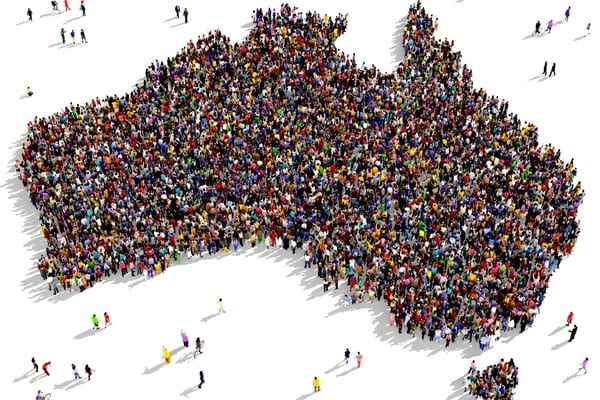New polling shows about three-quarters of Australians support a universal early education and care system, and more than half say it could influence their vote. More than two-thirds of parents with children under school age say the issue is a vote-changer for them. And that is across party lines.
The Early Learning Monitor, a poll of 4700 Australians, conducted by Essential Research for Thrive by Five, makes clear that the high cost of early learning and care is a barrier that parents want removed and they are willing to vote for a policy to change that. But it’s not just parents who see the importance of early education. Sixty-five per cent of respondents, including parents and non-parents, believe a universal, high quality early learning and care system would be good for Australia’s economy. Almost 70% of Australians say would be good for the education system and social inequality.
These results among parents are not surprising. Parents in Australia struggle with some of the highest out of pocket fees for early learning and care in the world. In the last month alone research from The Front Project and The Mitchell Institute show – in dollar terms – how unaffordable early education and care is for families. When over half of parents say ‘it’s hardly worth working‘ when the fees for early learning and care are taken into account, it’s clear the system isn’t working. The Early Learning Monitor reveals over half of parents with a child under school age say having access to more affordable, quality early learning and care would help their families and would have reduced the career and family sacrifices they have made.
Much more affordable, quality early education and care is a vital support that would meaningfully improve the lives of children and parents in Australia. And the fact a majority of Australians support reform reflects the growing understanding of the full critical role that early education and care provides for children, families and the economy.
As the pandemic has exposed, early education and care is an essential service in the way it facilitates parents to get to work but that is just the beginning. Given how formative the years between 0-5 are in the development of every child, ensuring every child has access to high quality early learning and care is an educational and social imperative. It is the safest bet for setting children – and Australia – up for success. High quality early learning is beneficial for all children but it is exponentially beneficial to vulnerable or disadvantaged children. As it stands in Australia the children who would benefit most from early learning are the least likely to be attending.
And increasingly, this poll indicates, Australians are moving away from the outdated idea that early education and care is just an issue for women or that it’s merely some form of middle-class welfare. Boosting women’s workforce participation, and their ability to create some economic security, is one very legitimate reason Australians recognise the need to reform our early learning system but it isn’t the only reason. While ideally access to high quality early learning and care might affect men and women in the same way, in reality it does impact women very differently because it is women in Australia who tend to reduce their work when early learning and care either isn’t available or affordable. And it is women – and their children – who bear the cost of this sacrifice later in life.
And, on that note, politicians and decision makers might be interested to learn that support for women is also deemed a critical issue by a majority of voters. More than half of the respondents stated that providing more support to working women is an issue they consider extremely or very important at a Federal election. Unsurprisingly two thirds of parents with children under school age say that supporting working women and improving early education and care are very important issues to their votes.
The CEO of Thrive By Five, Jay Weatherill, is calling on Federal and State politicians to put the early years on the agenda of national cabinet as a standing item.
“The broader community can see the benefits of this for parents, but also for the economy, gender equality and the health and wellbeing of children,” Weatherill said. “We’d like it to be a sustained effort by all Australian governments to build out a high quality universally accessible system.”
The reward for politicians heeding the call is evident: there are votes in this reform.
Georgie Dent is the Executive Director of The Parenthood, which is a Thrive By Five campaign partner.

